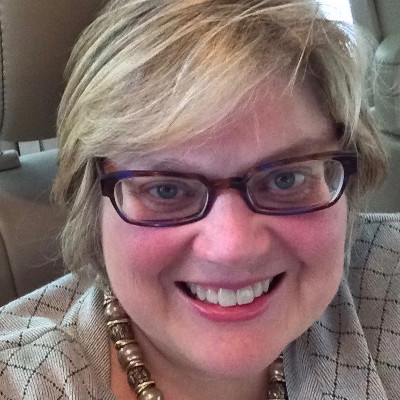Cancer Patients May Not Be Told About Costs of Genomic Testing
A recent study reported that almost 25% of oncologists don’t mention costs when talking about genomic testing with their patients.

The availability of genomic tests and targeted cancer treatments has increased rapidly in the last 10 years. However, nearly 1 in 4 oncologists rarely or never mention costs when they talk about the need for genomic testing with their cancer patients, according to a new study led by American Cancer Society (ACS) investigators.
As of 2016, more than 200 targeted therapies (also called precision medicines) were available in the United States, and more than 2,000 were in the later stages of development—half of them to treat cancer. For many of these drugs, doctors first use genomic testing of the tumor tissue to get an idea of whether the treatment will work.
Genomic testing of tumor tissue includes tests to look for changes in a specific gene or chromosome, as well as tumor-panel tests to look for changes in multiple genes at the same time. These tests can cost from $300 to over $10,000, and the prices of targeted treatments are often higher than $100,000 a year. Even when health insurance covers genomic testing and treatment, cancer patients may still face large copayments or coinsurance, resulting in high out-of-pocket costs.
Using data from the 2017 National Survey of Precision Medicine in Cancer Treatment, the researchers identified 1,220 oncologists who said they talked about genomic testing with their cancer patients. Within that group, 50% said they often talked about the costs of testing and related treatments, 26% said they sometimes did, and 24% said they never or rarely talked about costs. The study appears in JNCI: The Journal of the National Cancer Institute, with co-authors from the National Cancer Institute and National Institutes of Health.
Among oncologists who most often talked with patients about cost, the researchers identified some common characteristics, like formal training in genomic testing, and using technology like electronic medical record (EMR) systems with alerts for genomic test recommendations within their practice. The study authors suggest that offering training in genomic testing and updating EMR systems are strategies that could help more oncologists and care teams talk with their patients about costs.
The study also found that the oncologists were more likely to talk about the costs of genomic testing when their practices were located in lower-income areas, or when they had a higher percentage of patients who either paid for their own health care, didn’t have health insurance, or were covered by Medicaid.
The authors said that while low-income and uninsured patients are the most likely to have financial problems because of medical costs, more and more studies show that patients with private health insurance and higher incomes also have financial problems because of high medical costs.
“Discussions about the expected costs of cancer care are important for all patients,” the authors wrote. They noted that most cancer patients want to talk with their doctors about expected out-of-pocket costs. Knowing the costs helps doctors and patients make informed treatment decisions together, helps patients plan expenses, and helps doctors find available resources for patients, the researchers said.
“Oncologists may not be the providers best suited for all discussions about the expected costs of care,” the authors wrote, but they can be responsible for making sure the conversations take place with a team member in their practice. The authors also said that more research is needed to identify factors that could influence the frequency of cost discussions, the best practices for the discussions in terms of what information is given and how it’s shared, and how to integrate conversations throughout the cancer care process.
- Helpful resources
- For researchers




